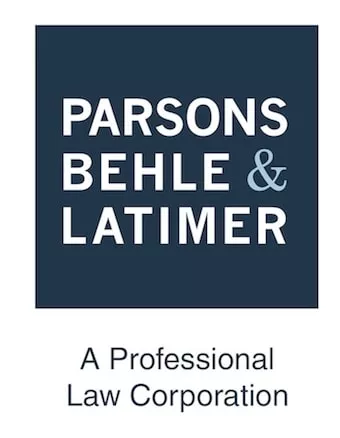- in European Union
- with readers working within the Healthcare industries
Those working in the Possessions know that some U.S. laws apply to the Possessions; others do not. The Corporate Transparency Act (CTA) is special.1 It applies to the Possessions, but not always in the same way it applies to the States. "State" is defined to include America's five Possessions with local self-government: American Samoa, the Commonwealth of the Northern Mariana Islands, Guam, Puerto Rico and the U.S. Virgin Islands.2[3 These five are referred to here as the "Possessions." The CTA requires filing for all entities formed in a Possession unless an exemption applies.
Corporations, limited liability companies and other entities created by filing a document with a state authority (Entities)4, unless exempted, are required to file beneficial ownership information reports (BOIRs) with the Financial Criminal Enforcement Network (FinCEN) beginning Jan. 1, 2024.5
Exemptions are not always the same in the Possessions as in the 50 states. Of the 23 numbered exemptions, the most commonly used may be the exemption for "Large Operating Companies."6 These companies must have at least 20 full-time employees and $5,000,000 in annual gross receipts. Many businesses on the mainland will qualify. But the gross receipts must be reported on a "Federal income tax or information return in the United States" and on an "IRS Form." Each of the Possessions has an income tax, but the tax is not a "federal tax" nor are local forms "IRS forms" (even though some jurisdictions use forms printed by IRS for their own purposes).7 Unless the Possession entity has a mainland branch (uncommon) it will not be able to use this exemption even though it has sufficient employees and revenue. Possession businesses may receive CTA advice from U.S. trade associations, or their U.S. franchisor, distributor or manufacturer that they need not file because they are large operating companies. This advice is not applicable to the Possessions.8
There are several different definitions of "United States." In general, United States includes the Possessions.9 "United States Person" however is defined through the Internal Revenue Code.10 As a result, no Possession entity is a United States Person. Under the exemption for entities assisting or holding title for charities and similar organizations, only United States persons may own or be such entities. Thus, Possession entities may not take advantage of this exemption. Nor, in general, may entities owned by Samoans take advantage of this exemption since such individuals are usually nationals but not citizens.
Finally, a distinction between foreign and domestic reporting companies is made. A company is domestic if it filed with a state. Thus, Possession entities are domestic rather than foreign because the Possessions are considered states. Where Possessions are concerned, the CTA can be quite complicated. Entities would be well advised to confer with legal counsel to ensure all filing conditions of the CTA are met.
Footnotes
1. 31 USC 5336
2. Reg 380(e)(9)
3. The United States has nine other Possessions and two disputed Possessions, but none has a local government that can create entities.
4. 31 CFR 1010.380(c). This regulation is hereafter referred to as "Reg 380."
5. Reg 380(a)
6. Reg 380(c)(xxi)
7. There are additional requirements for the Large Operating Company exemption that turn on "United States," but these can be satisfied. The entity must have 20 full-time employees in the United States. Through references to "26 CFR 54.4980H–1(a) and 54.4980H–3, except that the term ''United States'' as used in 26 CFR 54.4980H–1(a) and 54.4980H–3 has the meaning provided in § 1010.100(hhh)" employees in the Possession count. Reg. 380 (d)(xxi)(a). The entity must also have an operating presence in the United States, Reg. 380(d)(xxi)(b). For this purpose, United States includes the Possessions.
8. This result may be unintended; FinCEN may clarify it. However, it is difficult to read the current language to include territorial tax returns.
9. 31 CFR 1010.100(hhh)
10. Reg. 380(e)(10); Internal Revenue Code of 1986 as amended Section 7701(a)(30)
The content of this article is intended to provide a general guide to the subject matter. Specialist advice should be sought about your specific circumstances.


